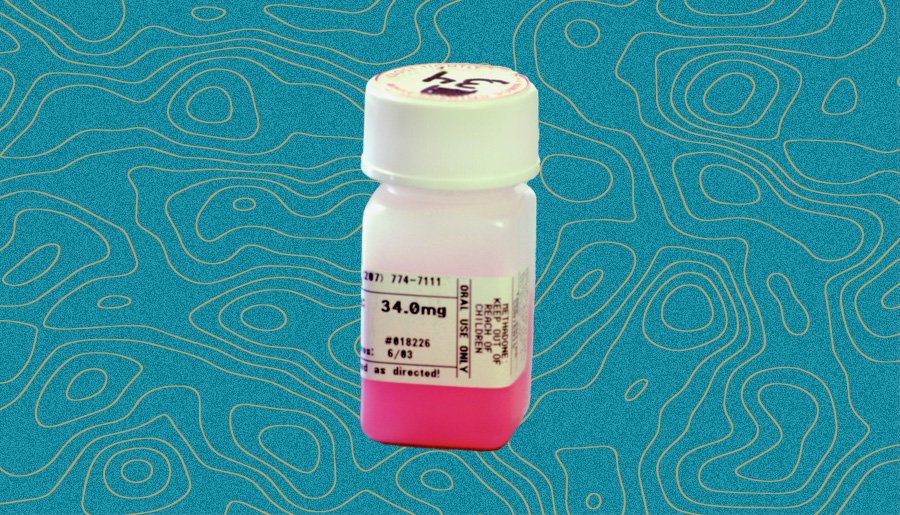Opioid addiction: It’s an illness you won’t wish on your enemies. Not only is it difficult to shake, it can destroy your immune system, make you permanently constipated, and kill you with little warning. Once you’re addicted to opioids, they can control every facet of your life.
It’s therefore critical that the Federal Government does everything in its power to help these people. These folks can’t be left in the mud.
According to our Health Minister, Mark Butler, the Albanese Government is now improving Australia’s opioid support game. They’re doing this by listing methadone and buprenorphine on the Pharmaceutical Benefits Scheme (PBS).
Methadone and buprenorphine are drugs that treat opioid addiction. The PBS is a programme that subsidises how much our drugs cost.
As Butler explained, “People who are struggling with opioid addiction to date have had to shell out $150 a week to get their treatment, sometimes from private clinics… That is a huge impost for people who are dealing with very substantial health issues, many of whom are on income support.”
“Putting these medicines on the PBS, I think, is long overdue. So instead of $150 a week, people will be paying PBS prices.”
These changes are coming into effect on 1 July.
So, how has the medical community reacted to this news? Well, the Royal Australian College of GPs is stoked. Their President, Dr Nicole Higgin, has welcomed this change with open arms.
“It is great news the Government has heeded our calls and made these drugs more affordable,” said Dr Higgin.
“These opioid dependence treatment drugs make such a key difference in turning someone’s life around because they act on the opioid receptors in the brain to eliminate withdrawal symptoms and relieve cravings. Ask anyone who has experienced opioid dependence, and they will tell you how difficult it is to go ‘cold turkey’.”
“Given these drugs are now on the Pharmaceutical Benefits Scheme, they are being mainstreamed and normalised, just like insulin for a person with diabetes.”
However, some medical experts are concerned that these changes will cripple Australia’s private sector support for opioid users in recovery. One such person is the pharmacist Andrew Pfeffer, who runs a specialty drug treatment clinic in Queensland’s Logan.
As Pfeffer stated, “1 July, we will be closed.”
“Once we close the patients will be left to their own devices, there will be no treatment for them at this service.”
Once Pfeffer’s clinic shuts down, he’s concerned that his patients will turn to the “illicit market.” He’s worried that there will be a rise in “acute presentations to emergency departments” and “viral infectious diseases.”
In response to such concerns, Mark Butler asserted that his government is working with the private sector to resolve this matter. He want these companies to help resolve Australia’s opioid issues.
“I’m working with the Queensland and New South Wales Governments on a transition package that will ensure that these clinics have a glide path that ensures, as far as possible, they are able to remain open,” said Butler.
“I make no apology for putting this medicine on the PBS, but I am very keen to make sure that these clinics, which offer a range of really important services beyond the supply of medicines, are able to keep operating and continue to provide those services.”
Related: Why MDMA Will Be a Mental Health Med in 2023
Related: Why the ACT to Decriminalise Small Amounts of Illegal Drugs
Read more stories from The Latch and subscribe to our email newsletter.

